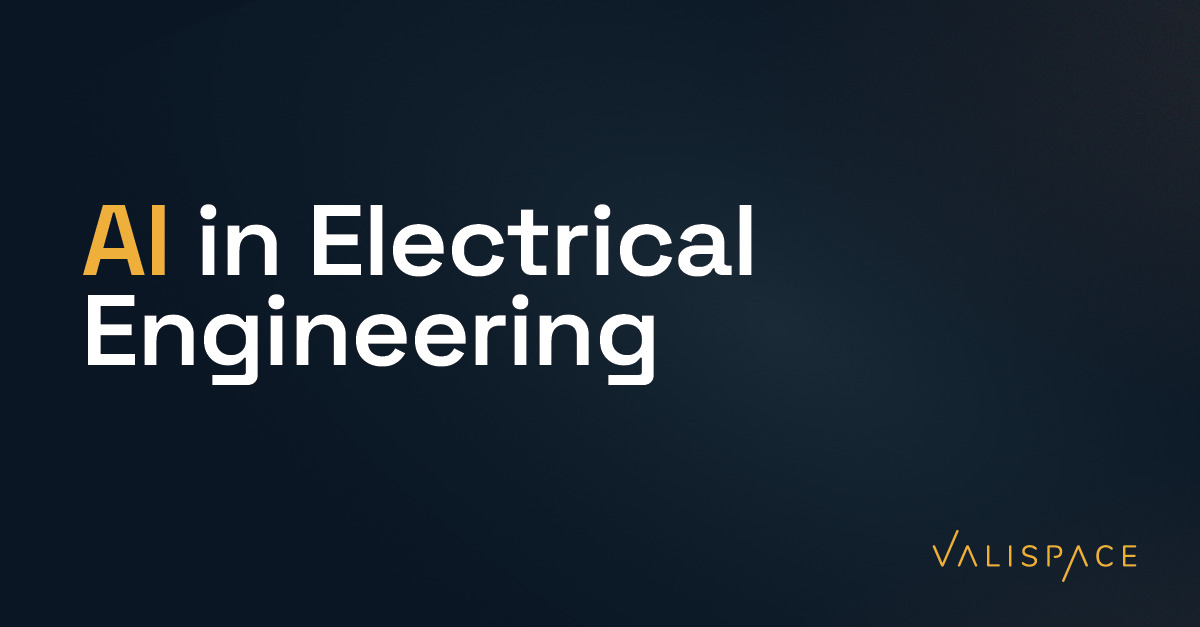
The Electrifying Impact of AI in Electrical Engineering
In an era where technology evolves at lightning speed, big steps forward are happening for AI in modern engineering, and the field of electrical engineering is no exception. The introduction of AI into this realm is not just a step forward; it’s a quantum leap. Artificial Intelligence is redefining the boundaries of what’s possible, turning complex challenges into manageable tasks. From enhancing system efficiencies to pioneering innovative solutions, AI is the new powerhouse in electrical engineering.
Smarter Grid Management and Energy Distribution
Enhancing Efficiency and Reliability
AI’s impact on grid management is akin to having a super-computer overseeing and optimizing every aspect of electricity distribution. By harnessing the power of machine learning and predictive analytics, AI systems are now able to forecast demand, adapt to supply changes, and prevent outages. This heightened efficiency and reliability translate to more robust power systems capable of meeting modern demands with fewer resources.
Integrating Renewable Energy Smoothly
The integration of renewable energy sources has been a game-changer for the power industry. AI steps in as a critical facilitator, balancing the unpredictability of renewables with the unyielding demand of the grid. Sophisticated algorithms analyze weather patterns, predict energy supply from renewable sources, and optimize their integration. This seamless blend not only supports the green energy movement but also ensures a consistent, reliable energy supply.
Innovating Electrical Devices and Systems
Precision in Electronics Manufacturing
The manufacturing of electrical devices has entered a new era with AI. This technology brings unparalleled precision to the production line, enhancing the quality and performance of electronic devices. AI algorithms assist in identifying and correcting manufacturing inefficiencies, reducing waste, and ensuring that each component meets the highest standards of quality and performance.
Predictive Maintenance for Optimal Performance
Predictive maintenance represents a significant leap from traditional maintenance strategies. AI-driven systems continuously monitor and analyze data from electrical devices, anticipating failures before they occur. This proactive approach minimizes downtime, extends the lifespan of equipment, and ensures optimal performance, saving time and resources in the long run.
AI Systems Engineering Tools in the Electrical Engineering Industry
The electrical engineering industry is increasingly leveraging AI systems engineering tools, each offering specialized capabilities:
- MATLAB: Known for its advanced numerical computation, MATLAB integrates AI for modelling and prototyping, ensuring precision in complex electrical engineering projects.
- ANSYS: ANSYS employs AI to enhance simulation capabilities, optimizing electrical designs and reducing the reliance on physical prototypes.
- Valispace: Specializing in agile hardware engineering, Valispace facilitates collaborative systems and requirements engineering with AI-assisted tools, making it invaluable for multidisciplinary projects.
- Autodesk: Incorporating AI, Autodesk offers tools that streamline design and engineering workflows, allowing electrical engineers to efficiently visualize and analyze their projects from concept to completion.
Charging Ahead: The Continuous Influence of AI in Electrical Engineering
As we look to the future, the role of AI in electrical engineering is set to grow even more influential. From smart grids that adapt in real-time to the evolving needs of society, to AI-driven innovations in electronic device manufacturing, the possibilities are as vast as they are exciting. AI is not just an addition to the field of electrical engineering; it’s a catalyst for a new era of efficiency, sustainability, and innovation.
